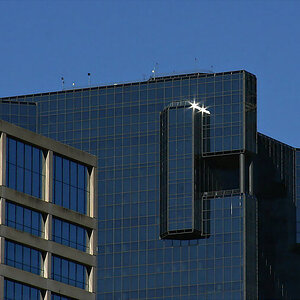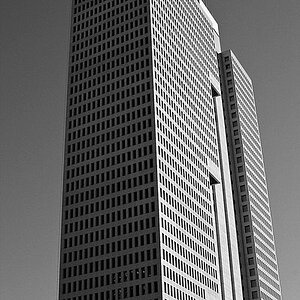inTempus
TPF Noob!
- Joined
- Dec 15, 2008
- Messages
- 3,692
- Reaction score
- 4
- Location
- Indiana
- Can others edit my Photos
- Photos OK to edit
Hey all,
I'm here to learn from you. I just recently (as of yesterday) jumped into photography. This is something I've always wanted to do but never made the proper investment in equipment. I always came home with pocket digital cameras thinking they would do everything I needed them to - and they often didn't.
Now that I have a new born son, I've decided the time was ripe for me to take the plunge and actually get a high quality camera and learn something about how to use it.
After reading everything I could find online, I decided the Canon 40D was the camera for me. So far, I couldn't be happier! I won't put the thing down.
Now it's time to get down to business. I need to learn from the ground up about photography. I know little or nothing about the fundamentals of what makes a good photographer/photograph. I know little or nothing about the equipment other than how to do some very basic stuff.
Where would you point a guy like me? Is there a good book or online resource that will get a complete newbie on the right course so that I at least understand the basic principals?
Thanks a bunch!
I'm here to learn from you. I just recently (as of yesterday) jumped into photography. This is something I've always wanted to do but never made the proper investment in equipment. I always came home with pocket digital cameras thinking they would do everything I needed them to - and they often didn't.
Now that I have a new born son, I've decided the time was ripe for me to take the plunge and actually get a high quality camera and learn something about how to use it.
After reading everything I could find online, I decided the Canon 40D was the camera for me. So far, I couldn't be happier! I won't put the thing down.
Now it's time to get down to business. I need to learn from the ground up about photography. I know little or nothing about the fundamentals of what makes a good photographer/photograph. I know little or nothing about the equipment other than how to do some very basic stuff.
Where would you point a guy like me? Is there a good book or online resource that will get a complete newbie on the right course so that I at least understand the basic principals?
Thanks a bunch!



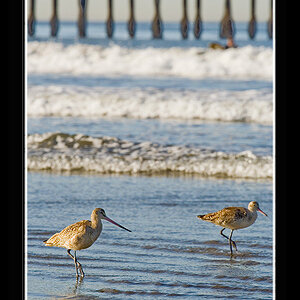
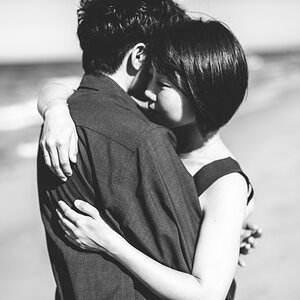
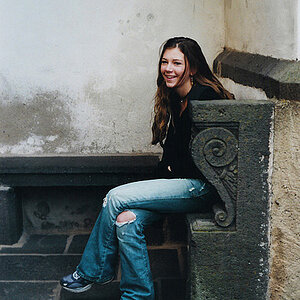
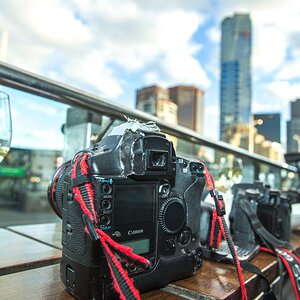
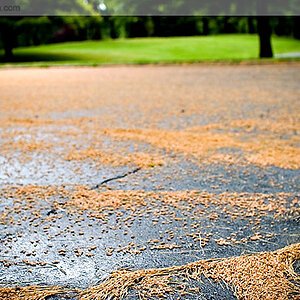
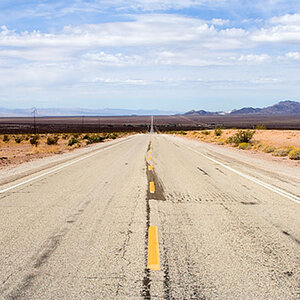
![[No title]](/data/xfmg/thumbnail/31/31755-9bffabfa76f6307bcd78f535b2421cb5.jpg?1619734993)
![[No title]](/data/xfmg/thumbnail/31/31756-ed344608f5fc9a69ff1d67dc7d03161c.jpg?1619734993)
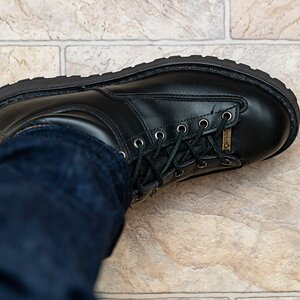
![[No title]](/data/xfmg/thumbnail/32/32940-461c74a1d3ad8d2862e02a293727c72a.jpg?1619735772)
